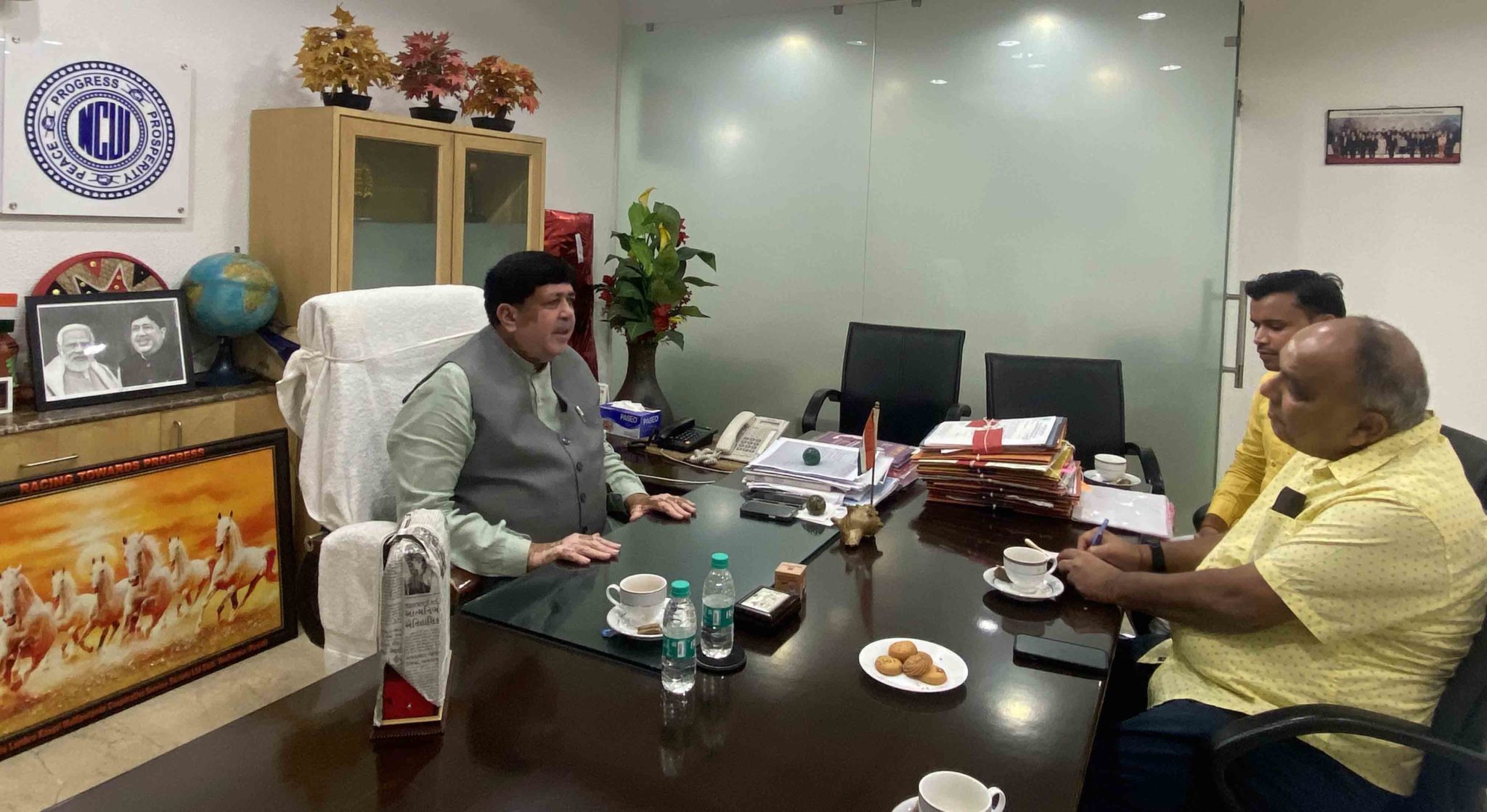Welcoming the Cabinet nod given to the Multi-State Cooperative Societies (Amendment) Bill, 2022 which seeks to amend the Multi-State Cooperative Societies Act, 2002, NCUI President Dileep Sanghani said that the bill would certainly strengthen the cooperative movement in the country.
“I have not seen the complete bill but I am pretty sure that given the love of the Prime Minister and Cooperation Minister for cooperatives, the amendment bill will strengthen NCUI”, said Sanghani. “We will do better than what we were already doing after the passage of the Bill”, Sanghani sounded confident.
Sanghani added that the co-operative movement cannot progress in the country if there is a weak apex body. The new amendment bill will certainly be a shot in the arm for NCUI, felt Sanghani underlining his understanding of the Prime Minister’s perception about the need to have a robust co-op movement for the growth of the country.
NCUI will never betray the confidence PM & HM have reposed in it and the dream of Sahakar Se Samridhi will be achieved by pulling all strings, said the President who was tight scheduled and had to catch a flight to Egypt to attend a co-op event.
Interestingly, the nuggets of the bill, available in the public domain, are silent on the issue of Cooperative Education Fund, which NCUI had represented to be kept with the apex body. The first draft of the bill talked about shifting its custody from NCUI to a government body.


On information officer Sanghani said that even the existing Act has the provision and the Secretary/CE is obliged to supply information should a member demand. A secretary is usually the most informed person in the organization and he can do this job more efficiently than others, felt Sanghani.
It bears recalling that the amendment bill 2022 passed by Cabinet talks of many changes including provision to debar electoral offenders for three years, Cooperative Ombudsman, Cooperative Information Officer, provisions relating to representation of women and Scheduled Caste/Scheduled Tribe members on the board of multi-State co-operative societies among others.
Other features include promoting professional management through co-option of experts, provisions to enhance ease of doing business, provisions of electronic submission and issuance of documents for providing for a comprehensive digital ecosystem for multi-State co-operative societies.
“Provisions for issuance of non-voting shares would provide multi-State co-operative societies with a tool to raise requisite capital. Further, the newly proposed Rehabilitation, Reconstruction & Development Fund will help in revitalizing sick multi-State co-operative societies”, the sources in the government concluded.





















































